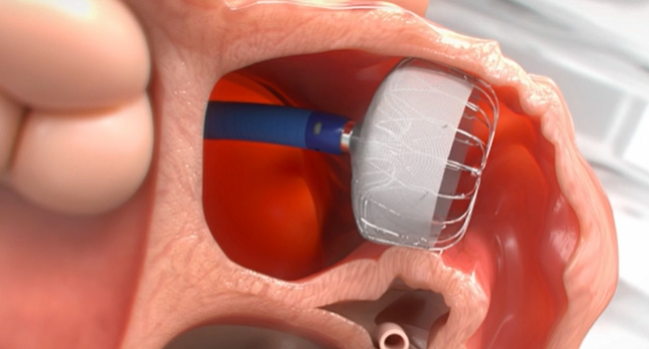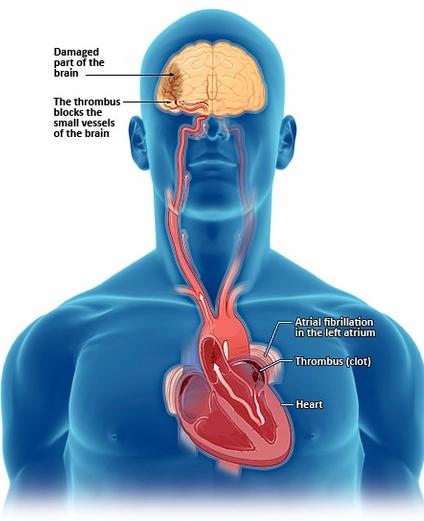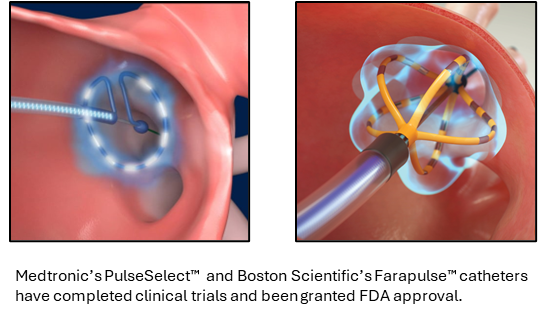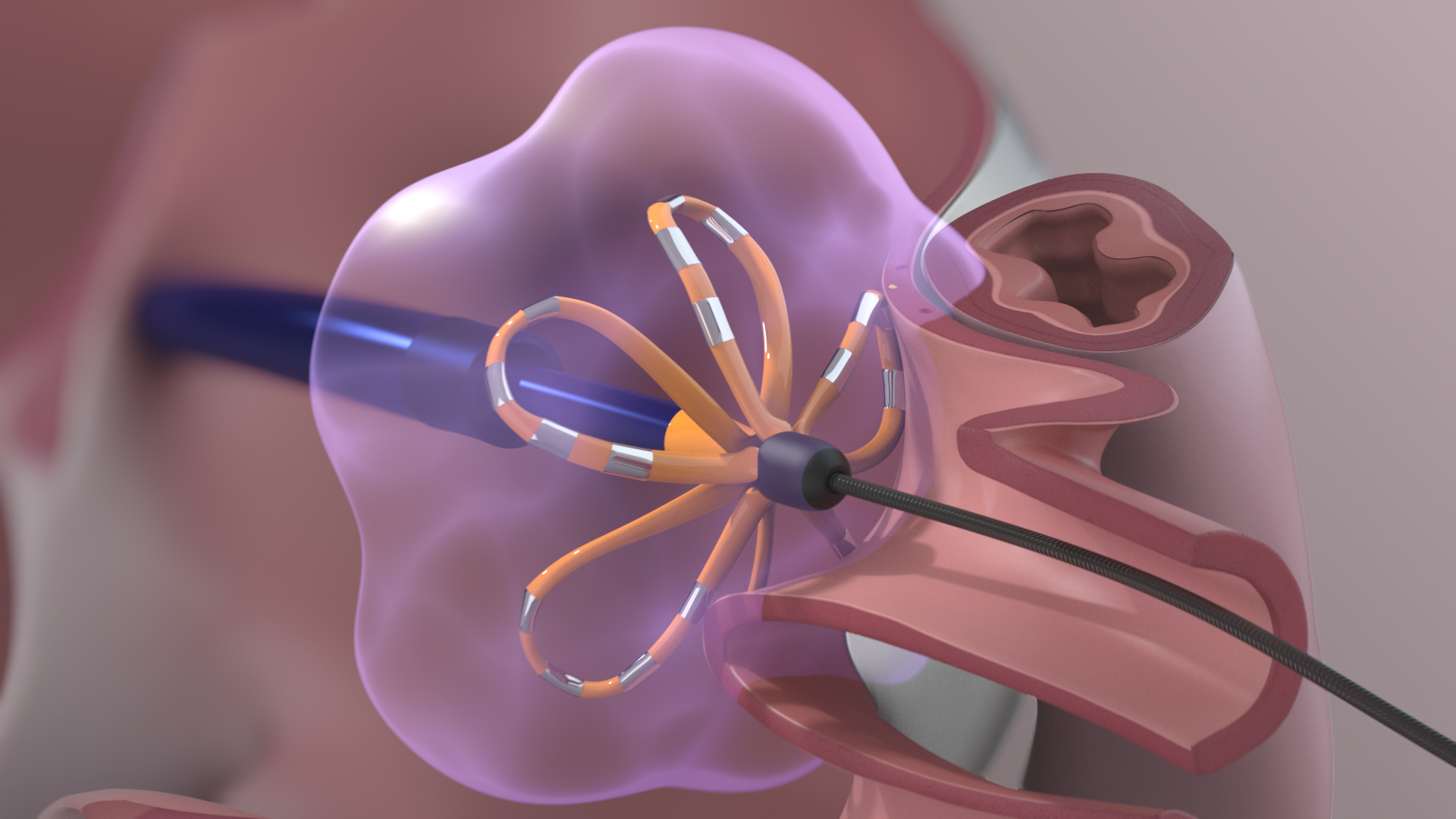Afib Ablation
You’ve probably heard of the so-called “miracle” weight loss drugs like Wegovy and Zepbound, commonly used for treating obesity and reducing cardiovascular risks. These drugs are known as GLP-1 agonists. They work by stimulating hormones that promote satiety, leading to weight loss—up to 15% with Wegovy and 20% with Zepbound. But how do these medications benefit someone with Atrial fibrillation (AFib)? Let’s take a closer look.
Weight Loss and AFib: A Critical Connection
While AFib has many causes, excess weight and obesity are significant risk factors. Though traditional diet and exercise remain the preferred methods for weight loss, not all patients can achieve the desired results. This is where GLP-1 agonists can be particularly helpful for some individuals.
These weight loss drugs also show promise in reducing the risk of severe cardiovascular events like heart attacks and strokes. This is largely due to the rapid weight loss and potential anti-inflammatory properties of these medications. Interestingly, recent studies suggest that these drugs may even help reduce obstructive sleep apnea (OSA)—a significant risk factor for worsening atrial fibrillation.
Is It a Miracle Drug for Atrial Fibrillation?
While the benefits sound promising, GLP-1 agonists are not without limitations. Weight loss drugs only work as long as they are taken. Once a patient stops using them, the weight can come back, sometimes even more than before. Additionally, we don’t yet fully understand the long-term side effects or insurance coverage options for these drugs.
It’s also important to note that not all patients respond the same way to these medications. The dramatic weight loss results often highlighted in the news apply to only the top third of patients. For many others, the results are less striking, and for some, the drugs may not work at all.
Will Weight Loss Cure My AFib?
Losing weight can improve your overall heart health, but it won’t guarantee a cure for AFib. Many people with a healthy BMI still suffer from AFib, while others who are obese may not. If you’ve had AFib for a long time, it can become harder to treat. However, AFib ablation—especially when done early—has a higher success rate, and weight loss can further improve the chances of success.
Each heart is unique, and the best approach is to consult with a specialized electrophysiologist. They can evaluate your specific condition and recommend the right treatment path, which may include catheter-based procedures like AFib ablation.
Potential Side Effects of Weight Loss Drugs
Weight loss medications are not without risks. Common side effects include mild gastrointestinal issues, but some patients experience more serious conditions like persistent nausea, vomiting, gallbladder disease, pancreatitis, and even gastroparesis (stomach paralysis). In severe cases, the medication may need to be discontinued.
Combining Weight Loss Medication with AFib Treatment
For some patients, combining weight loss medications with minimally invasive procedures like AFib ablation can offer the best chance of success. These therapies can work together, providing a comprehensive approach to treating both weight issues and atrial fibrillation.
If you have any symptoms of AFib—such as a rapid heartbeat, a pounding chest, or irregular rhythms—consider consulting with an electrophysiologist like Dr. Jose Osorio in Miami. Early diagnosis and treatment are crucial to improving outcomes.
The Bottom Line
The advancements in treating atrial fibrillation are exciting, especially with innovations like pulsed field ablation. This non-thermal, catheter-based procedure allows us to target the areas in the heart that trigger AFib with greater precision and fewer risks.
If you’re experiencing symptoms like a fast heartbeat or chest pounding, or you’ve been diagnosed with AFib, schedule a consultation today. Remember, some of the symptoms of heart attacks overlap with AFib, so if you believe you’re experiencing a medical emergency, don’t delay in calling 911.
Dr Jose Osorio
Miami, FL
Read More about Atrial Fibrillation:














